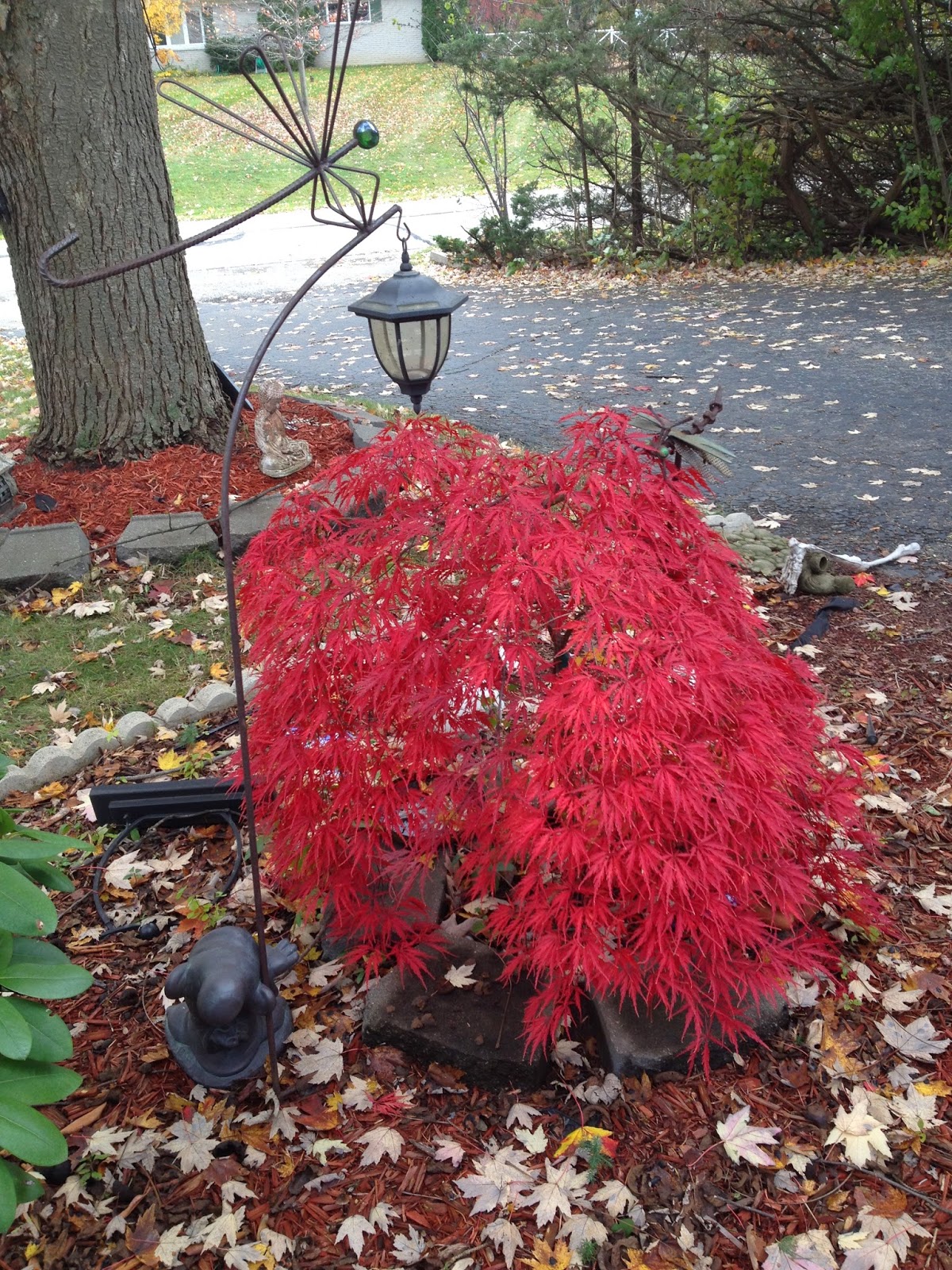Hi,
Recently I was on a recovery blog and the whole idea of relapse came up. I have noticed that my first instinct during a relape was always centered on anger, depression, failure, and a sense of losing my grip on my remission from the addiction.
I like to take a different view of relapse so here are some thoughts.
To make it clear I am not diminishing the seriousness of a relapse or lapse, what I am pointing out is the incredible value of the experiences.
A point I would like to make in starting out. No one all of a sudden has a lapse or a relapse. These events start to occur minutes, hours, days, weeks, or months before they actually happen. It is one of the reasons I do an awareness practice so I don't miss the signs and symptoms of a possible lapse or relapse cycle.
Relapse and lapse usually happen when someone falls out of their remission mode and "Makes the decision" to return to the addiction. Notice that this is a decision not happenstance or a particular need. Once we stop the addictive process a return to active addiction was a choice, we can rationalize it anyway we want too but it was a choice. Own it.
Relapse has to have the feature of return to using over a significant period of time that re-establishes the pattern of addiction previous to remission. Addictions will return to their "norm" quickly so we are talking hours or days. If that occurs then I need to re-engage with the remission process and realize that whatever tools I was using need to be reinforced by adding some more. My belief system is that most relapse happens when an individual is attempting to process an emotional status, anger, sadness, happiness, anxiety, fear, or any one of the emotional states that are verbally identified. Keep in mind that we can have multiple emotions and levels of emotions co-occuring. I have heard arguments concerning happiness or joy and whether they can cause relapse or lapse because it feels counter intuitive. Why re-addict if we are happy? My belief is because an addiction prevents us from having all feelings, not just the so called negative ones, so the coping and experiencing skills are minimal. Relapse will happen when we become attached to the feelings we are trying to resolve and identify with them. There is a refusal to let them flow through the natural cycle. We cling to them and focus on them. We don't want to let go. So there is a natural return to a state in which feelings take a second place while we cover them with the addiction.
Lapse is a different animal entirely. Lapse is a momentary plateau in the remission process. It is a momentary brief return to the addiction cycle. Once again it appears that most are triggered by an emotional status that we cling to and it enables the lapse.
No one wants to lapse. The good news is that if you experience a lapse you can learn a tremendous amount from being aware of the context and content of the area around the lapse.
Some suggestions:
A lapse is telling you that you need to add more remission tools to your toolbox. It says that you have had enough remission to lapse from. Remember those days when all you wanted was to get away from the addiction? Well a lapse indicate you have come a long way.
As an addict I have a history of dualistic thinking. So I am in recovery or not, I am good or bad, I am successful or a failure. This kind of thinking can turn a lapse into a long term relapse. It can enable panic, anger, and self hatred. We simply "give up" over a single incident. Don't do that. This is the single most important goal in making sure we don't enter long term relapse after a lapse occurs. Don't worry about not taking it seriously, you will without beating yourself up.
As soon as possible re establish the behaviors and thought processes that were enabling remission in the first place. All of them as soon as you can. By soon I mean within minutes or hours. It will get you back to familiar grounding.
Don't get caught up in the content of what happen. As soon as possible start looking at the process of what happened. You will find there were "touch points" going into the lapse where awareness could have prevented the lapse. Do not waste time using this to beat yourself up for not taking action, we look at the process to insure that you will recognize the signs in the future.
You are not "starting over." This is another dualistic concept. You are simply going to pick up from where you are and add new tools. In this part of the universe times moves forward and the Laws of Thermodynamics indicate that starting over is an illusion.
Finally, Learn, Let Go, and Walk On.
We learn from what happened, we let go of the content, and we walk on into the next phase of remission.
A lapse can be therapeutic if not ignored and provide some real grounding into long term recovery.
As always thank you for reading and letting me share.
In Loving Kindness
Bryan
